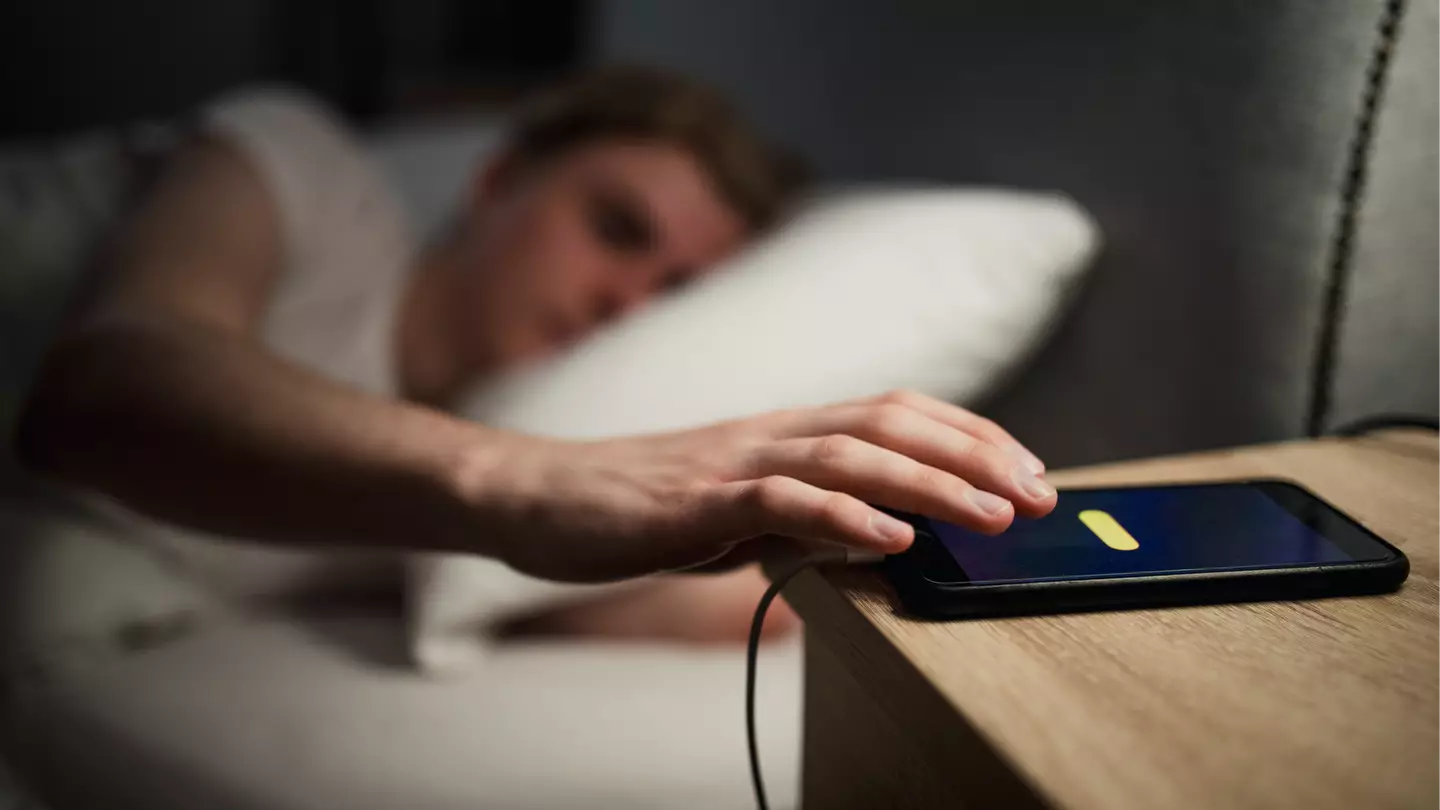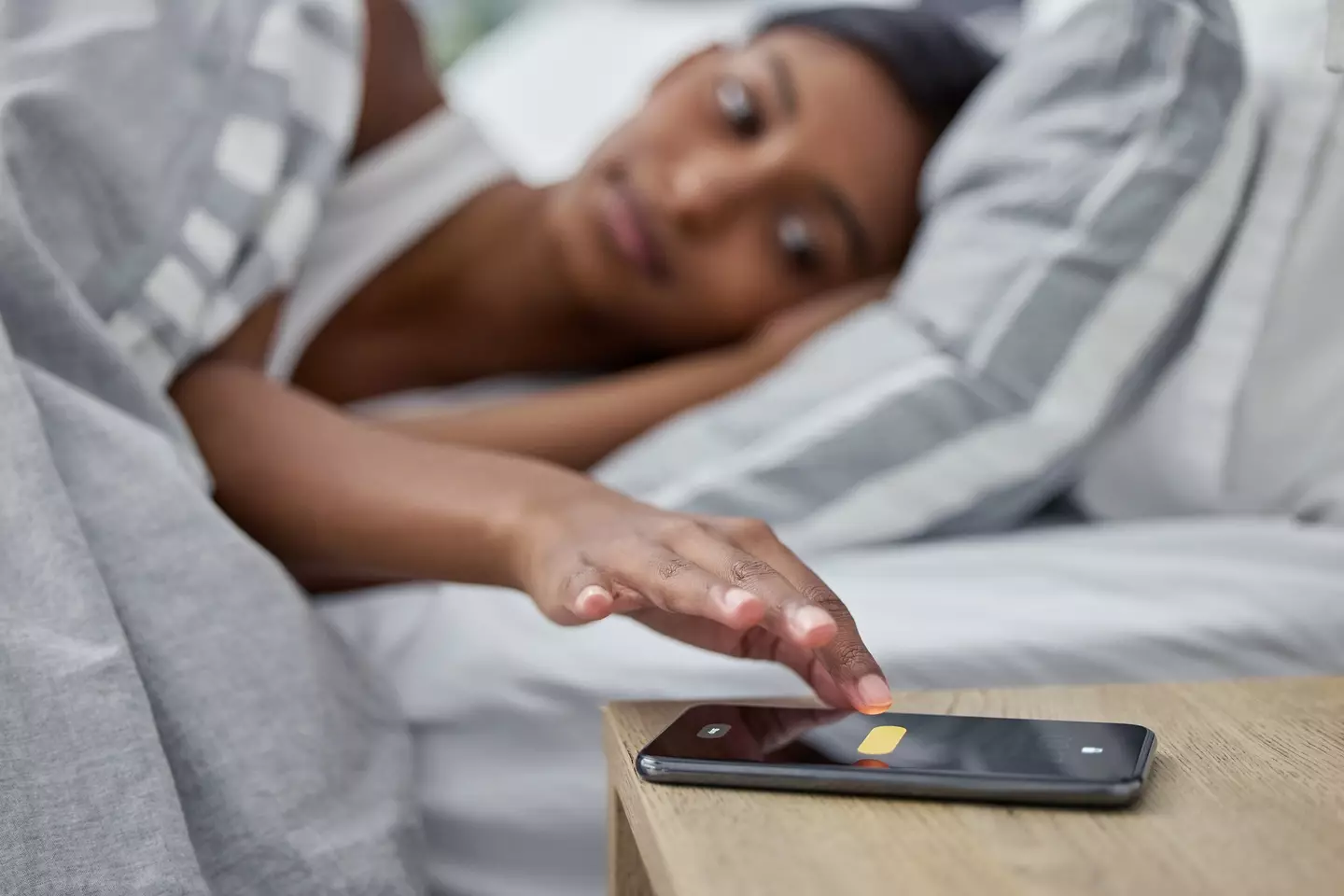
If you needed a reason not to hit your snooze alarm each morning, this is it.
We've all done it in a bid to get an extra few minutes of shut-eye, but it turns out there's some negative consequences to doing so, some of which are long-term.
One of the key things about hitting that beloved snooze button is it messing up our sleep cycles and disturbing a person's internal clock.
This is down the face you'll doze off again and your body will expect another sleep cycle, all of for you to you be abruptly woken up again just minutes later.
Advert
New York Times bestseller Mel Robbins has warned about the confusion your body will experience after hitting the snooze button.
Previously speaking on The Mel Robbins Podcast, the neuroscientist explained: "When you hit the snooze button, you're awake. And as the alarm turns off, your brain then drifts back into sleep.
"And here's the thing that researchers have figured out: when you drift back to sleep after you've woken up, your brain starts a sleep cycle, and sleep cycles take 75 to 90 minutes to complete."
Robbins continued to share: "Have you ever noticed you're like in deep sleep when you drift back to sleep? That's because you're nine minutes into a 75 minute sleep cycle."
And now researchers at the University of Oxford have revealed the long-term impact is has on your body.
READ MORE:
BIZARRE REASON SNOOZE ALARMS ARE NINE MINUTES
THE '10-3-2-1-0' ROUTINE THAT COULD HELP YOU SLEEP BETTER

"Keeping a regular bedtime and waking time is beneficial – as long as you are getting enough sleep," Prof Stuart Peirson from the UK-based university explained, as per Amerisleep. "A common problem is that we often don’t get enough sleep and by using an alarm clock are waking up when we still need to sleep."
Apparently, if you experience just a weeks-worth of poor sleep, it can go on to affect hundreds of genes in your body. This can then lead to heightened stress, lowered immunity, and increased inflammation.
"When your circadian clock is properly aligned and you are getting enough sleep, you will find that you wake up reliably around the same time each day, with the alarm clock simply as a backup," Professor Peirson went on. "Starting the day without the noise of an alarm is far more civilized."
I mean, I think we can all agree that waking up naturally is much better than an alarm.